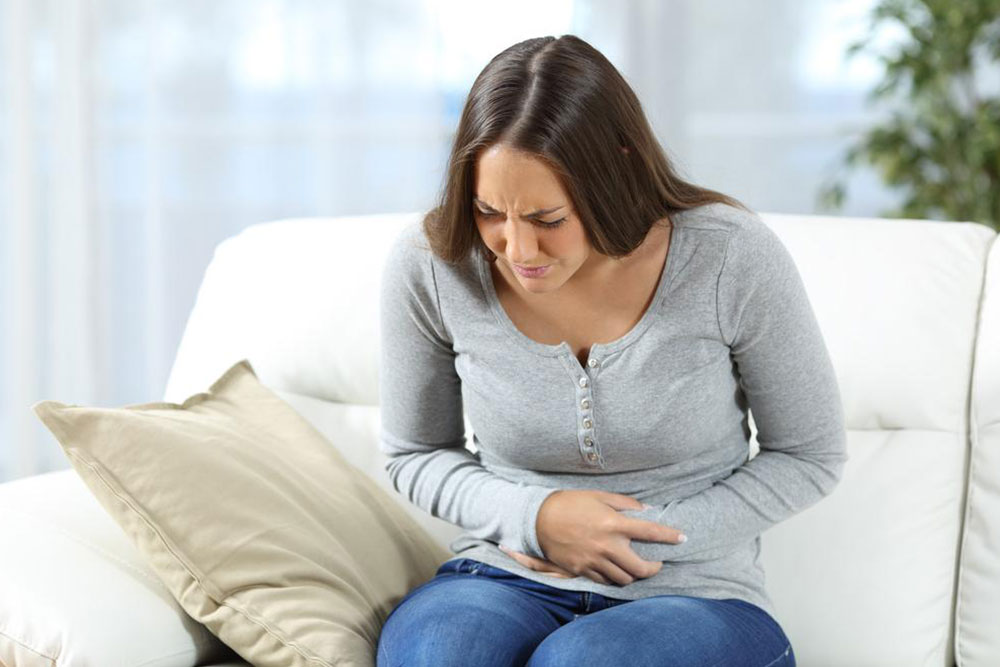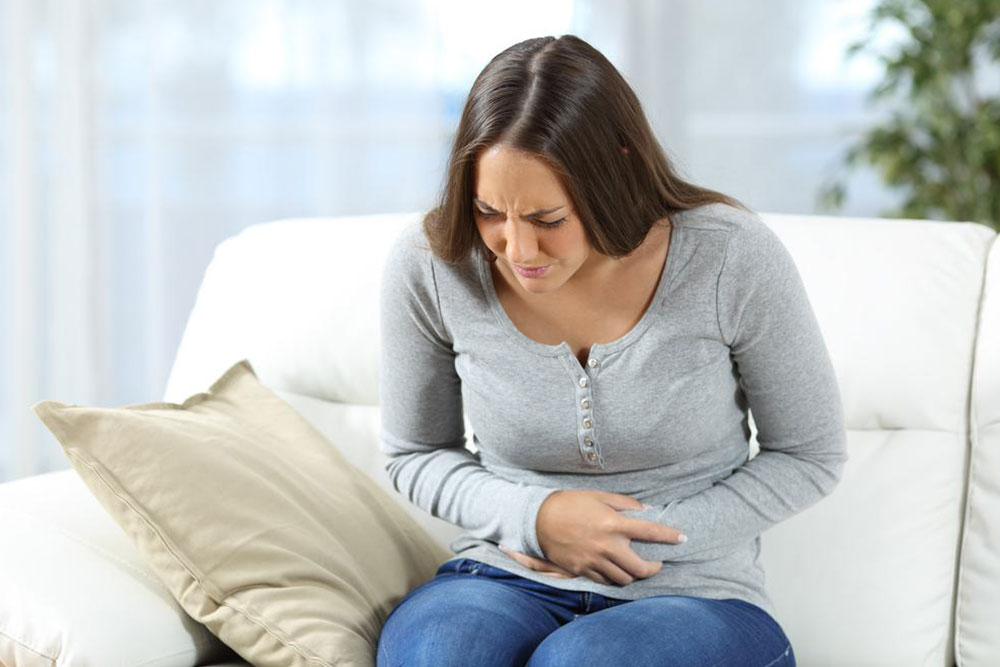Recognizing the Symptoms of an Ectopic Pregnancy
This article highlights key signs and symptoms of ectopic pregnancy, emphasizing the importance of early detection to prevent complications. Learn about common indicators such as abdominal pain, bleeding, nausea, and fatigue. Recognizing these symptoms promptly can help women seek immediate medical care, ensuring safety and effective treatment. The article also explains what an ectopic pregnancy is and why urgent intervention is necessary for maternal health.

Pregnancy marks a joyful milestone for many women and couples, but certain complications can overshadow this special time. One serious issue is ectopic pregnancy, which requires prompt attention. Early detection of its symptoms is crucial for the health of the mother. If you experience any of the following signs, consult your healthcare provider immediately to ensure proper diagnosis and treatment.
Understanding Ectopic Pregnancy
Normal pregnancy occurs when an ovary releases an egg that is fertilized by sperm, then implants in the uterine lining. In contrast, an ectopic pregnancy happens when the fertilized egg attaches outside the uterus, most often in the fallopian tubes. This situation poses significant risks and usually necessitates medical intervention to protect the mother. Typically occurring in early pregnancy, it requires urgent care to prevent complications.
Common Symptoms
Nausea and Vomiting: Frequent vomiting may result from toxin buildup and hormonal imbalances caused by the pregnancy not progressing normally.
Abdominal Discomfort: Pain in the stomach or pelvic area is common as the fallopian tubes become overstretched, potentially leading to infections. Sharp pain may also cause dizziness or fainting.
Extreme Fatigue: Hormonal changes and pain can leave the individual feeling unusually tired, affecting daily activities.
Light Vaginal Bleeding: Spotting or light bleeding can occur due to strain on the tubes or abnormal implantation. Immediate medical attention is necessary if this occurs.
Pelvic or Vaginal Pain: Discomfort during intercourse or persistent pelvic pain could indicate an ectopic pregnancy and should be evaluated by a healthcare professional.
Important Note: If you experience these symptoms, seek urgent medical care. Early diagnosis and intervention are vital for safeguarding health and well-being. Always consult your doctor for a definitive diagnosis and appropriate treatment options.










